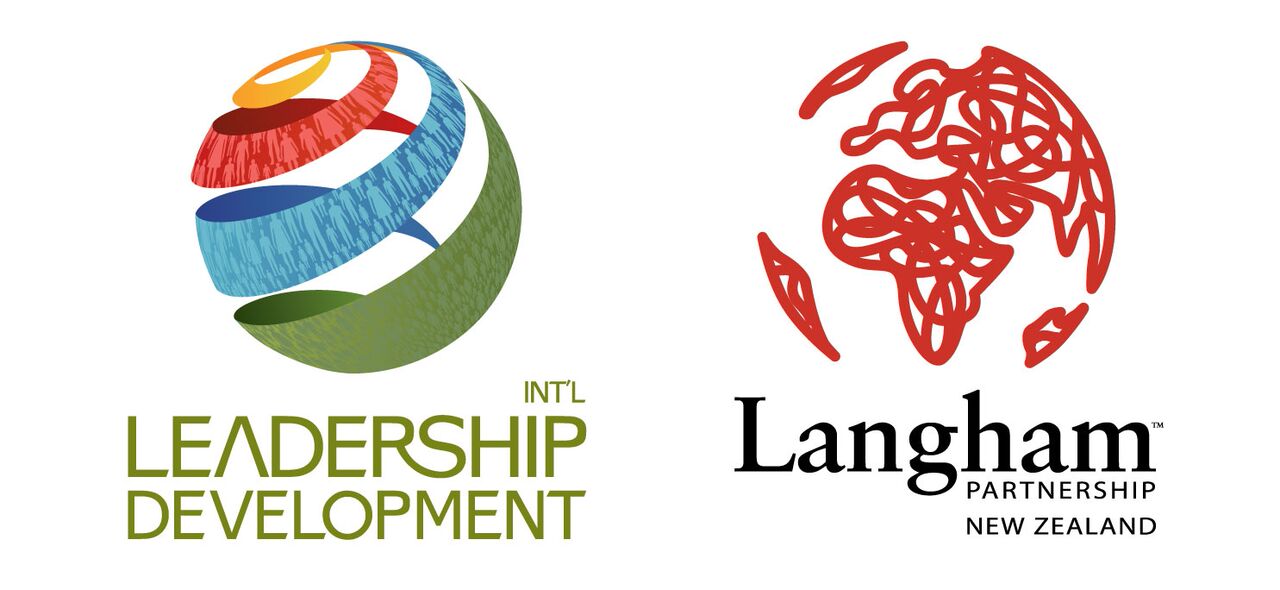In a country where Christians must walk very carefully because of the Muslim majority, a new training programme is building competencies in church leaders to lead in an informed way: carefully, critically and contextually.
‘Contextually’ is key, according to Amjad Masih, student in the new Masters in Theology (MTh) programme at Zarephath Bible Seminary (ZBS) in Pakistan. He believes a large part of being an informed Christian leader, is about developing a theology of oppression, “because that’s the biggest challenge facing the Pakistani Church today.”
“We in Pakistan have many problems which are different from the other parts of the world; through this study [together] we can form our own biblical theology for the solutions of our problems.”
The reason Amjad enrolled to do the MTh programme is not only to enhance his spiritual life, teaching, preaching and pastoring skills – as much as he looks forward to those developing – but it’ll give him the opportunity to “discuss our problems in the present context, and find solutions for our problems in the light of biblical studies… We in Pakistan have many problems which are different from the other parts of the world; through this study [together] we can form our own biblical theology for the solutions of our problems.”
Pakistan has a population of about 193 million, and it is estimated that only about 2% of population are Christian – that’s just a bit short of the entire population of New Zealand.
According to Ashkenaz Asif Khan, ZBS’s Principal from 2005-2018, “Pakistan is a majority Muslim country but there is always a challenge to live in harmony with other religious sects within Islam. Christians belong to this land but they must assert their right to be treated as equal citizens. … Pakistan still allows visas for missionary work and Christians can share the Gospel and sell Bibles on streets. But there is the Blasphemy law also“. Meaning, Christians do walk a fine line being in the minority.
‘Contextual relevance’ is a strong value in the curriculums of all the training courses and programmes that LeaDev-Langham supports for Christian leaders across Asia-Pacific.
‘Contextual relevance’ is a strong value in the curriculums of all the training courses and programmes that LeaDev-Langham supports for Christian leaders across Asia-Pacific. For leaders to equip and strengthen the growing Church – both new converts and mature believers – it is essential that they can apply the Bible and Christian faith appropriately to the issues people face daily such as extreme poverty, a predominance of other religions, and persecution – issues much different to those the Church in the west faces.
The ZBS MTh is ground-breaking for the Pakistani Church, as it is the first time an MTh is offered within the country – prior to this, those wanting to take deep dives into God’s Word, have gone overseas (and there are only two Christian leaders in Pakistan with a PhD in Theology).
It was the availability of the MTh programme, combined with its determined commitment to tackle contextual issues, and not impose a Western framework, that encouraged Amjad and thirteen other Christian leaders to register. As the inaugural group of students at this level, they are grappling with challenging Pakistani questions, and together look for answers in God’s Word, led by the Holy Spirit.
For Amjad, completing an MTh from an internationally accredited training agency is more about being a Leader-builder than a CV-builder.
For Amjad, completing an MTh from an internationally accredited training agency is more about being a Leader-builder than a CV-builder. Originally a secondary school teacher, he is passionately committed to passing on his learning and experiences as a leader to other leaders-in-training.
He sees himself as “a pastor teacher” rather than “teaching pastor” – he has several lay leaders he is mentoring, and lectures at ZBS in Bible background and understanding the Holy Spirit, demons and angels (particularly important in the Pakistan church). He is also a registered Open Theological Seminary TEE Tutor. (Studying God’s Word by correspondence – literally posted materials – is huge in Pakistan).
In the ministry for many years, Amjad planted his current church in 2016 with 15 people, and in two years it has grown to nearly 100 participants – an idea of how desperate Pakistanis are for love, life, truth and grace. Amjad is thrilled at being able to apply his MTh studies to help equip his local church: “This theological study will help me to learn the word of God in more depth, and thus will enable me to teach true biblical teaching in church, bible classes and particularly in Bible seminary.”
ZBS in Rawalpindi is one of LeaDev-Langham’s twenty Partner Schools across Asia-Pacific. Like the others, ZBS offers high quality (international standard) leadership training programmes, and stands as a site to strengthen the Christian faith in a context where there are very few contextually relevant learning opportunities for Christian leaders – whether they lead in the Church or in society.
LeaDev-Langham works with ZBS, to support the faculty as they develop and roll-out the MTh and other programmes. This Organisational Development work is done by Allan Harkness, International Programmes & Partnerships Manager, who is Advisory Administrator to the ZBS MTh programme.
